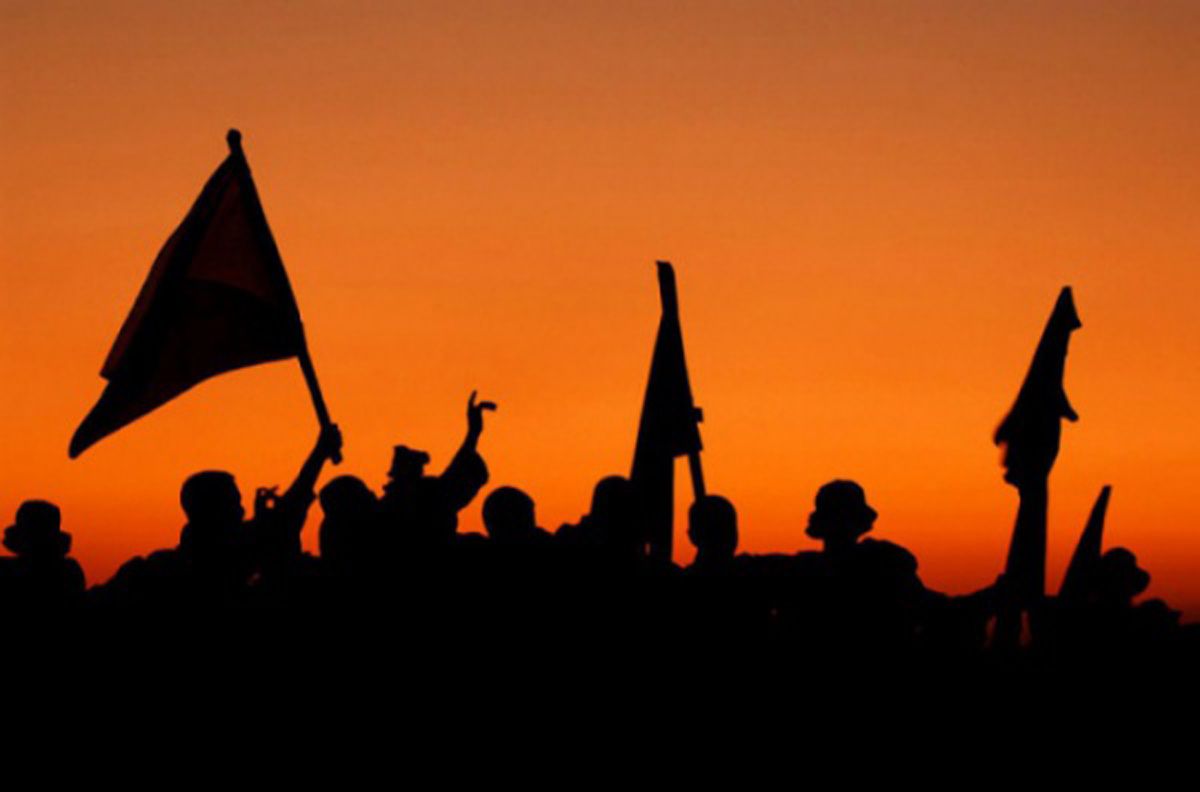
As a political risk analyst, I've encountered and debated the problematic developments in Central Asia for numerous times. It seems fairly clear that the risk of an geopolitical turbulence is growing each year. Will the decline of ISIS regime create a new, similar entity in the Central Asian states or does it help Central Asia avoid the developments that have occurred in the MENA region since December 2010? That is the big question that is troubling academics, politicians and businesses that either have operations in the region or wish to engage in foreign direct investment mainly due to the region's abundance of economically important resources such as oil and gas, and rare earth minerals.
If we look at the region as a whole, we see multiple troubling signs in the states that form the region called Central Asia, which is considered to be the 'heartland' of Eurasian continent in traditional geopolitics and thus a crucial area for great power affairs, power projection and economic, social and political primacy. First, the increasing role of conservative Islam is worrying academics and policy-makers in the West as well as in China and Russia that have their own sizeable Muslim minorities that live on the boundaries of the given states. China has been active in countering the proliferation of Islam in Xinjiang, a policy which has also caused far spread criticism from human rights activists. Russia has been doing similar things in Chechnya, although not as forcibly as China in Xinjiang. The effect of ISIS and the spread of radical Sunni Islam has therefore been seen as a threat in the region, and according to some, the rise of regional terrorism is also a factor that has allowed China and Russia develop their bilateral relations due to similar interests.
Secondly, the region's demographic replicates that of several MENA states with substantial amount of young, unemployed (and Muslim) men. As a political risk analysts, I am immediately alarmed by such demographic outlook as such has undoubtedly been one of the greatest contributing factors to societal collapse throughout history. Moreover, the economic situation has worsened in recent years as commodity prices have collapsed and oil and gas profits have declined. In addition, several regional states such as Uzbekistan depend on remittances, a sum of money sent abroad for a family by a family member who works in other state such as Russia. Remittances have declined and substantial amount of foreign workers have been sent home as the Russian energy industry (and economy in general) has experienced turbulent times in recent years.
Finally, all states are more or less dictatorships that rely on the suppression of human rights and the management of dissent for the benefit of a small elite. As such, the regional states replicate states that were part of the 'Arab Spring'. If similar disintegration of states were to occur in Central Asia, Russia and China would experience considerable damages to their economies and worries that the unrest would spread to their territories. Similarly, Russia and China, as well as multiple Western nations and large businesses have considerable investments in the region, and any downturn in the societal structure would be largely frowned upon. China with its 'One Belt, One Road' (I will cover this topic in the near future) is keen on avoiding the 'Central Asia Spring' as its regional investments grow each year and the geopolitical importance of the region is set to increase in the near future.
Will there be a 'Central Asian Spring'? I would argue that it largely depends on the defeat of ISIS AND on the recovering oil and gas prices. Should energy prices not increase, economic situation will remain in poor shape. The developments in the region will be closely monitored by many and we can expect China and Russia to take tough action against any signs of downturn. For example, the collaboration in counter-terrorism and the increasing importance of Shanghai Cooperation Organization will play a big role, and with the growing interest in counter-terrorism in the West, solving the regional problem creates a platform for global cooperation to avoid 'The Spring' for happening.